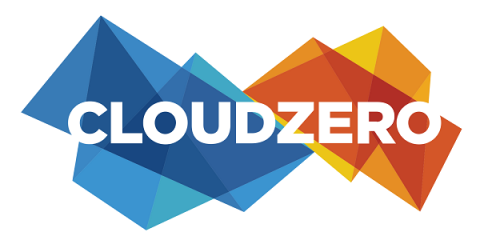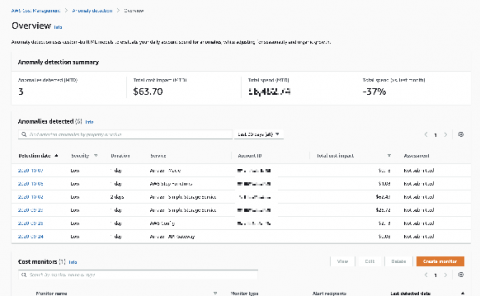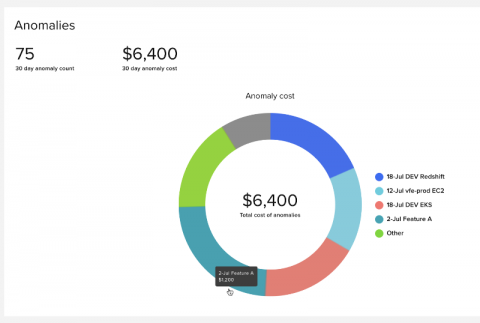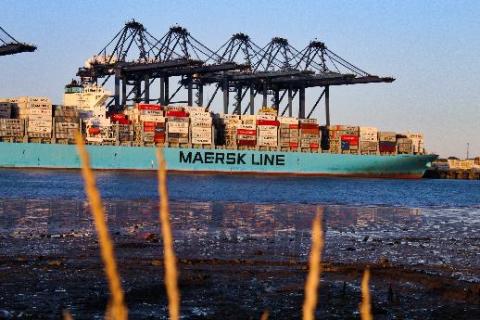How 2020 Turned Cloud Unit Economics Upside Down
Do you know how much it costs to operate your software per customer, at each pricing tier? The past six months have been highly unusual to say the least. For some companies, the disruption and shift to work from home meant 100x in usage almost overnight; for others usage completely collapsed in the same time period. These sharp swings in utilization have been disruptive to cloud unit economics. Both scenarios are risky and require extreme elasticity from the technical infrastructure.







